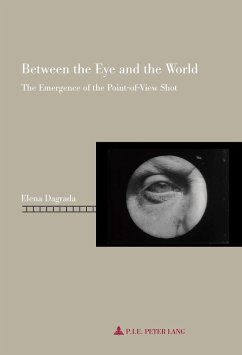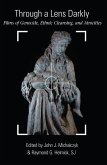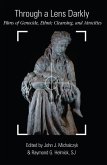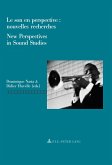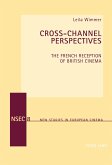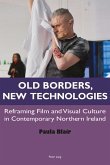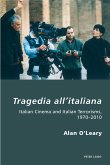The point-of-view shot is usually perceived as a "natural" device, yet its naturalness is illusory. This book provides an answer to the question: "Where does the point-of-view shot come from?" It investigates the emergence of this filmic form as the product of a culture and its history, unravelling the difference between a point-of-view shot and a character's subjective viewpoint. In so doing, it shows that what would become the point-of-view shot developed from the interposition, between the eye and the world, of a prosthesis capable of modifying the conditions needed to access the visible, and thus to expand the potential of human vision. Moreover, the book offers inspiration for further research on modern (and postmodern) vision as a mediated vision, an important topic in contemporary debates in the digital media landscape.

